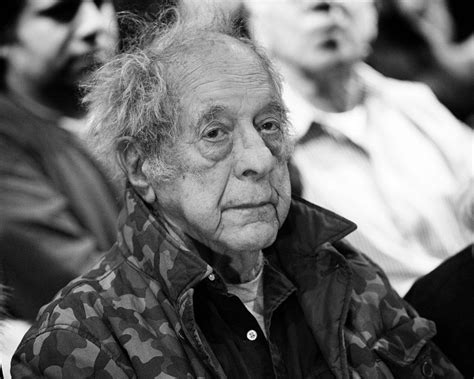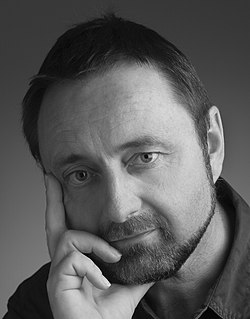A Quote by Roland Barthes
The Photograph belongs to that class of laminated objects whose two leaves cannot be separated without destroying them both: the windowpane and the landscape, and why not: Good and Evil, desire and its object: dualities we can conceive but not perceive... Whatever it grants to vision and whatever its manner, a photograph is always invisible: it is not it that we see.
Related Quotes
A photograph never grows old. You and I change, people change all through the months and years but a photograph always remains the same. How nice to look at a photograph of mother or father taken many years ago. You see them as you remember them. But as people live on, they change completely. That is why I think a photograph can be kind.
As far as the surface is concerned - oil on canvas, conventionally applied - my pictures have little to do with the original photograph. They are totally painting (whatever that may mean). On the other hand, they are so like the photograph that the thing that distinguished the photograph from all other pictures remains intact.
To photograph people is to violate them, by seeing them as they never see themselves, by having knowledge of them that they can never have; it turns people into objects that can be symbolically possessed. Just as a camera is a sublimation of the gun, to photograph someone is a subliminal murder - a soft murder, appropriate to a sad, frightened time.
A work of art is itself an object, first of all, and so manipulation is unavoidable: it's a prerequisite. But I needed the greater objectivity of the photograph in order to correct my own way of seeing: for instance, if I draw an object from nature, I start to stylize and to change it in accordance with my personal vision and my training. But if I paint from a photograph, I can forget all the criteria that I get from these sources. I can paint against my will, as it were. And that, to me, felt like an enrichment.
For the photograph's immobility is somehow the result of a perverse confusion between two concepts: the Real and the Live: by attesting that the object has been real, the photograph surreptitiously induces belief that it is alive, because of that delusion which makes us attribute to Reality an absolute superior, somehow eternal value; but by shifting this reality to the past ("this-has-been"), the photograph suggests that it is already dead.






























